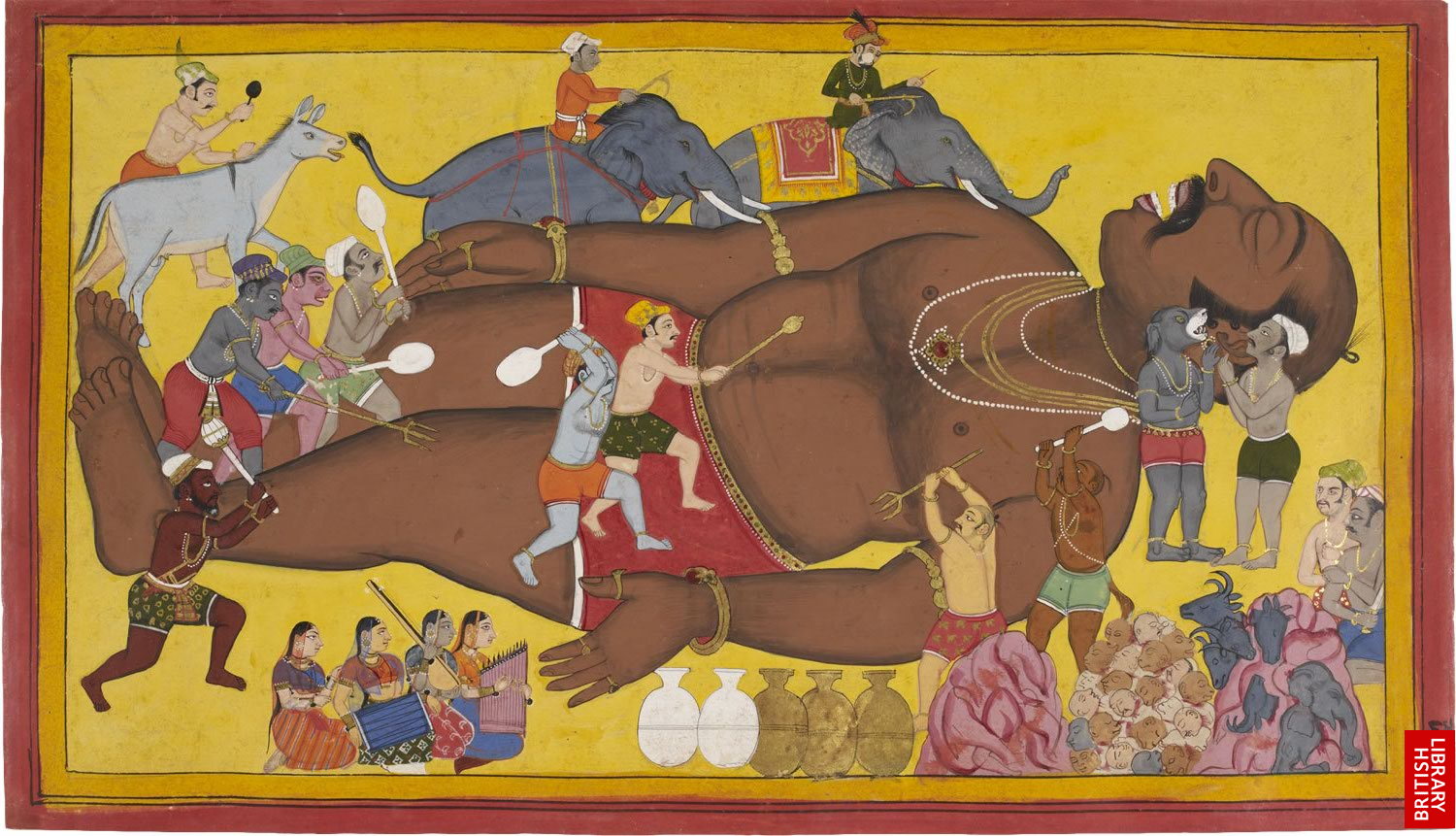You might be sometimes wondering – what should I do with all of the data that Sleep as Android collects about my sleep? It’s a lot of charts and numbers, but can I put it all to practical use? Can it actually change my life? How does it make me happy?
We recently stumbled upon a very interesting study that explores the true effects of a good night sleep on personal happiness. As the author has used Sleep as Android to track his sleep habits, we reached out to him to ask for a guest post on our blog. Without further ado, let’s hand the mic over to the man behind Tracking Happiness!
The quest for a better understanding of sleep
Hello there! I am a 24 year old guy from the Netherlands. My story is not special. I’m your typical Dutch guy, with a passion for running, relaxing and looking at numbers and trying to figure out what they mean. What’s my story? Well, a couple of years ago, I decided to start tracking my personal happiness levels, in an effort to become more aware of what really made me happy in life. I wanted to learn from this data as much as possible, as I was heading into quite a life-changing period in my life. I was 20 years old at the time, and was just about to start my semi-official life as an “adult”.
Fast forward 1,5 years! I was still tracking my personal happiness on a daily basis and people considered me as something that resembled an “adult”. I had landed my first job as an engineer and was politely requested to work on a project in Kuwait for 5 weeks. It was a very challenging period for me, and my happiness ratings were quite low at the time. I experienced one of my worst days ever during this time. 5 weeks isn’t really that long of a period. Yet, I still managed to get completely burned out at work due to a complete lack of sleep. You see, I worked about 80 hours a week. After 12 hour days on the project, I felt like I still wanted to do things I actually liked and enjoyed. So instead of going to bed at a decent time, I watched movies, exercised and Skyped with my girlfriend until late in the night. Even though my alarm went at 6:00 AM every single morning, I rarely went to bed before midnight. I was living on about 5 hours of sleep per day, while continuously working LONG days. These 5 short weeks lasted a lifetime, It was a difficult period, purely because I completely mismanaged my sleep duration on a daily basis. This period would have been a lot easier had I focused more on my sleep. It was the moment I started wondering about what sleep meant to me.
The author found out that a lack of sleep had a big effect on his happiness. This was a turning point. He found Sleep as Android and saw the perfect opportunity to start tracking his sleep in addition to tracking his happiness. Sleep as Android helped him determine how to improve his life by focusing on increasing the quality of his sleep.
Looking at a slice of the data he collected, we can immediately see some issues. Even though he seems to have a regular sleep rhythm, he is constantly living on a social jetlag!
Sleep as Android helps you fight social jet lag by exposing the long-term patterns in your sleep.
My sleeping habits will never win an award, that’s for sure. Even though I have been able to improve my sleep indefinitely by using Sleep as Android, I still find it hard to hit the sheets on time during the weekdays! To this day, this remains one of my biggest challenges.
Correlating sleep data with personal happiness
After having tracked about 1.000 days of sleep, I wanted to find out whether or not my sleeping habits showed any correlation to my personal happiness levels. This is something I was wondering about ever since my experiences in Kuwait.
By parsing the sleep data and analyzing the results, I was able to produce a pretty interesting visualization: I plotted the moving 28-day sleep deprivation against my daily personal happiness ratings.
Sleep as Android does not lock you in. You have access to all your sleep data in a .csv file.
When I look at this chart, there are two things that catch my attention:
- I have only been truly unhappy while I was sleep deprived
- I’ve not been unhappy – happiness rating lower than a 6,0 – on days in which I had a sleep buffer of 10 hours or more.
Of course, the statisticians amongst us could argue that there is still not enough data to fully present this data as factual. And I would have to agree.The bulk of my data is located around the average values, and the small group of outliers are not necessarily statistically significant. Therefore, I will have to continue tracking this data in order to find out what’s really having a significant effect on my happiness.
This graph also does not tell me how much an extra hour of sleep would improve my happiness. There is simply too much noise in the data. However, my sleep deprivation definitely seems to influence the lower limits of my happiness ratings.The effect might not be direct, but I tend to believe there is a correlation there.
Think of it like this: sleep deprivation lowers my immune system, which might result in flu down the line. This will then result in a decreased happiness rating. Sleep deprivation can also cause me to become easily irritated. This, in turn, might result in an argument between me and my girlfriend. And as you might expect, this will then result in another decrease in happiness. You see, the effect is not always direct, which makes it nearly impossible to measure.
I do know this: Being sleep deprived does not mean I will become less happy, it means that I may become less happy. And that is a highly valuable fact to be aware of.
The dilemma of sleep and happiness
This analysis also resulted in another interesting train of thought. It made me think more about the subtle relationship between sleep and happiness. Please allow me to explain:
We all want to be as happy as possible. And sleep is known to have an influence on our happiness. But there’s a certain dilemma here. We become and stay happy by being awake, doing things we enjoy doing. Therefore, it’s safe to say that our happiness ratings can only increase when we are awake. You see where this is going? You may decide to sacrifice your sleep for the sake of spending more time on things you like. That’s what I have certainly done in the past. I did it rather successfully while traveling New Zealand: I chose to temporarily reduce my sleep duration because I wanted to travel more. I also spectacularly failed in this regard, when I had my worst day ever while burning out in Kuwait. Somewhere between these two examples lies an optimum. And we should all try to pursue this optimum. We all want to stay awake as long as possible, to enjoy the things we enjoy doing. But we don’t want to shoot ourselves in the foot by becoming seriously sleep deprived. And that is the dilemma of sleep and happiness.
Thank you to Tracking Happiness – we can only encourage the use of Sleep as Android to create unique research articles like these! Sleep as Android tracks multiple sleep metrics, which all have a different effect on happiness. It will be very interesting to see a follow-up article on how the quality of sleep (not the quantity) influences happiness. In his quest for happiness, the author continues to use Sleep as Android on a daily basis.
Share the article – and look forward with us to reading more!

